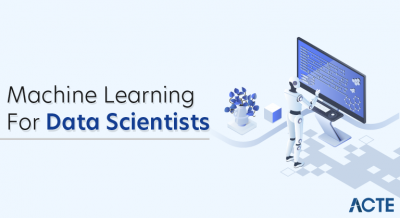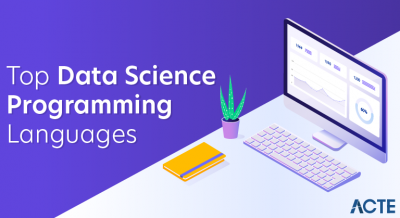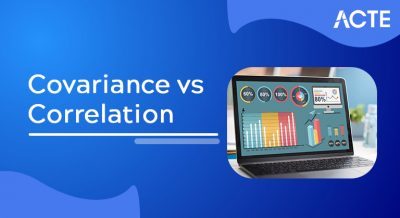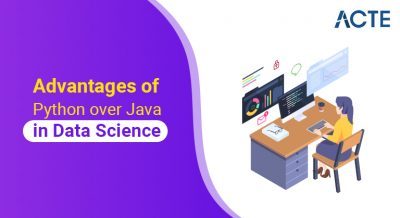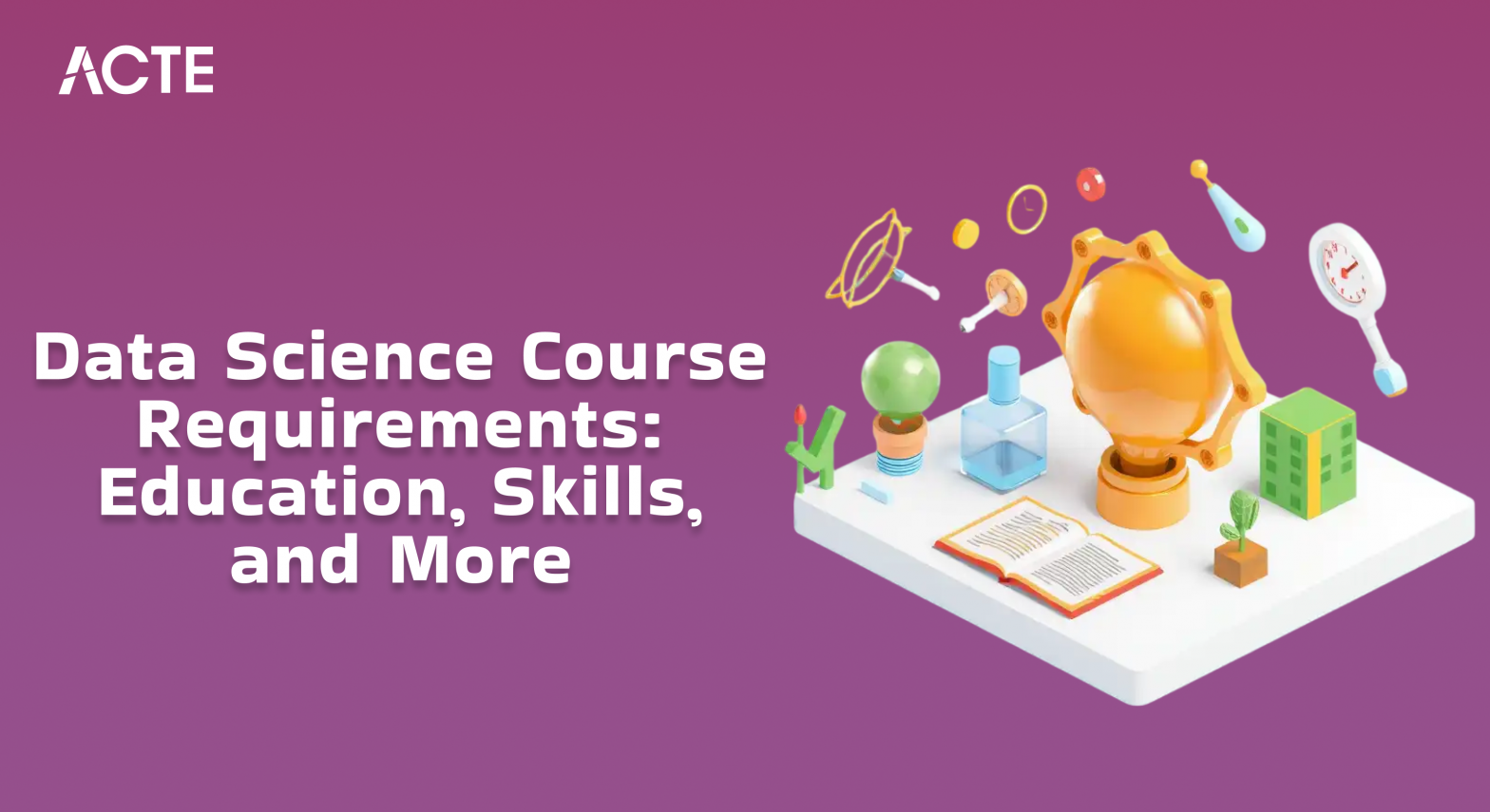
- Introduction to Data Science Courses
- Educational Qualifications Required
- Technical Skills Prerequisites
- Programming Language Requirements
- Mathematics and Statistics Background
- Eligibility for Freshers vs. Professionals
- Course Eligibility for IT and Non-IT Professionals
- Certification and Degree Requirements
Introduction to Data Science Courses
Data Science has emerged as one of the most in-demand and dynamic fields in today’s data-driven world. With organizations relying on data to make informed decisions, professionals skilled in data analysis, machine learning, and statistical modeling are highly sought after across industries. Data Science courses are designed to equip learners with the tools and knowledge required to extract insights from complex datasets, solve real-world problems, and drive strategic decisions. Data Science Training courses typically cover essential topics such as Python or R programming, data visualization, data wrangling, statistics, machine learning, and database management. Whether you’re a beginner exploring career options or a working professional aiming to upskill, there are courses tailored to different experience levels and learning goals. Some courses are academic in nature, offered by universities, while others are more practical, provided by online platforms or bootcamps. Enrolling in a Data Science course not only enhances your technical skills but also boosts your career prospects in roles such as Data Analyst, Machine Learning Engineer, or Data Scientist. With flexible learning options and diverse specializations, these courses provide a strong foundation to thrive in a data-centric future.
Interested in Obtaining Your Data Science Certificate? View The Data Science Course Training Offered By ACTE Right Now!
Educational Qualifications Required
To pursue a Data Science course, candidates typically need a solid educational background in a relevant field. Most institutions and online platforms accept applicants with a bachelor’s degree in disciplines such as Computer Science, Mathematics, Statistics, Engineering, or related fields. Why Data Science Matters & How It Powers Business Value This foundational knowledge helps learners grasp the core concepts of programming, data analysis, and statistical modeling more effectively. However, the field of data science is highly interdisciplinary, and many courses are also open to graduates from other streams, provided they have strong analytical thinking and a willingness to learn technical skills. For more advanced programs, such as postgraduate diplomas or master’s degrees in Data Science, a background in quantitative subjects is often preferred. Some institutions may also require prior experience with programming languages like Python or R, or familiarity with mathematical concepts such as linear algebra and probability.

For professionals looking to switch careers, many beginner-friendly courses and bootcamps offer preparatory modules to help bridge knowledge gaps. In some cases, relevant work experience or certifications in analytics or programming may be accepted in lieu of formal education. Overall, while a technical background is beneficial, the growing number of flexible learning options has made Data Science more accessible to a diverse range of learners.
Technical Skills Prerequisites
- Programming: Data science relies heavily on programming for data manipulation, analysis, and algorithm development. Python and R are the most widely used programming languages in data science. A basic understanding of programming logic and data structures is required before taking on data science concepts.
- Database Management: Knowing how to handle large datasets is a critical aspect of data science. Familiarity with databases like SQL, MongoDB, and NoSQL is important for extracting, manipulating, and storing data.
- Data Wrangling and Preprocessing: Top Data Science Books for Beginners & Advanced Data Scientist emphasize that data often comes in an unstructured or messy format, so the ability to clean and preprocess data is necessary.
- Machine Learning Algorithms: A good understanding of machine learning algorithms such as decision trees, clustering, regression models, and neural networks is essential. This includes the ability to apply and fine-tune these algorithms to solve real-world problems.
- Data Visualization: Visualization tools like Tableau, Power BI, or even Python libraries such as Matplotlib and Seaborn help in presenting insights in an understandable manner. Data scientists need to convey their findings to non-technical stakeholders, making visualization skills crucial.
- Python is Essential: Python is the most widely used programming language in data science due to its simplicity, extensive libraries (like Pandas, NumPy, and Scikit-learn), and versatility in handling data tasks.
- R for Statistical Analysis: R is popular for statistical computing and graphics, often favored by statisticians and researchers for data visualization and complex statistical tests.
- SQL for Database Management: Data Science Training highlights the importance of knowledge of SQL for querying and managing large datasets stored in relational databases, a common task in data science projects.
- Familiarity with Java/Scala: Some data science roles require understanding of Java or Scala, especially when working with big data frameworks like Apache Hadoop and Spark.
- Matlab for Specialized Applications: Matlab is used in academic and engineering contexts for numerical analysis, but less common in industry compared to Python and R.
- Learning Basics is Important: Beginners should focus on mastering Python or R first before exploring additional languages, as a strong foundation simplifies learning advanced tools.
- Continuous Learning: Programming languages evolve, so data scientists must keep updating their skills and adapt to new libraries and frameworks regularly.
- Educational Background for Freshers: Freshers typically need at least a bachelor’s degree in STEM fields like Computer Science, Mathematics, Statistics, or Engineering to qualify for most data science courses.
- Entry-Level Course Options: Many beginner-friendly courses and bootcamps specifically target freshers, offering foundational training in programming, statistics, and data handling without requiring prior experience.
- Professional Experience for Experts: Professionals usually qualify based on their work experience in IT, analytics, or related fields. Some advanced courses may require demonstrated skills or projects in data science.
- Flexible Eligibility for Non-IT Professionals: The Importance of Machine Learning for Data Scientists means both freshers and professionals from non-IT backgrounds can enroll if they show strong analytical skills and willingness to learn, often through bridging modules in courses.
- Certifications as Alternatives: Freshers without extensive academic credentials may strengthen eligibility through certifications, while professionals may enhance their qualifications by earning specialized certificates.
- Prerequisites for Advanced Programs: Higher-level courses like master’s degrees or specialized certifications might require prior knowledge in programming, mathematics, or data analysis for both freshers and professionals.
- Career Goals Influence Eligibility: Eligibility can also depend on career objectives freshers might start with foundational courses, while professionals may seek niche or leadership-focused programs.
To Earn Your Data Science Certification, Gain Insights From Leading Data Science Experts And Advance Your Career With ACTE’s Data Science Course Training Today!
Programming Language Requirements
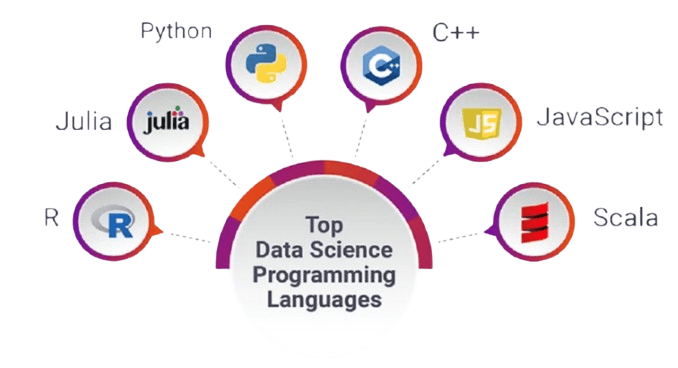
Mathematics and Statistics Background
A strong foundation in mathematics and statistics is essential for anyone looking to excel in data science. These disciplines form the backbone of many data science techniques, including data analysis, machine learning, and predictive modeling. Key mathematical concepts such as linear algebra, calculus, and probability theory are frequently used to understand how algorithms work and to optimize their performance. Statistics, in particular, plays a crucial role in interpreting data correctly. Data Science Training covers understanding statistical measures, hypothesis testing, distributions, and regression analysis to help data scientists draw meaningful conclusions from raw data and make data-driven decisions, highlighting the differences between Data Mining Vs. Machine Learning. Without a solid grasp of statistics, it becomes challenging to validate models, assess their accuracy, or identify patterns effectively. Most data science courses expect learners to have at least a basic understanding of these topics before diving into advanced techniques. However, many programs offer introductory modules that refresh or teach essential mathematical and statistical concepts to ensure all students start on a level playing field. By building proficiency in mathematics and statistics, aspiring data scientists gain the analytical mindset needed to tackle complex problems, develop robust models, and extract valuable insights from vast datasets. This foundation is critical for success in the rapidly evolving field of data science.
Gain Your Master’s Certification in Data Science by Enrolling in Our Data Science Masters Course.
Eligibility for Freshers vs. Professionals
Course Eligibility for IT and Non-IT Professionals
Data Science courses are increasingly designed to accommodate both IT and non-IT professionals, reflecting the interdisciplinary nature of the field. For IT professionals such as software developers, system analysts, and database administrators eligibility is usually straightforward, as their technical background often aligns well with the programming, data handling, and analytical skills required in data science courses. Most programs expect IT candidates to have familiarity with coding languages like Python, R, or SQL, alongside a good grasp of algorithms and data structures. For non-IT professionals from fields like finance, marketing, healthcare, or social sciences, many courses tailored around Machine Learning Vs Deep Learning concepts welcome learners with minimal or no prior programming experience. These programs often include foundational modules covering basic programming, mathematics, and statistics, helping non-IT candidates build the necessary skills gradually. Eligibility typically requires at least a bachelor’s degree in any discipline and a keen interest in data-driven problem solving. The growing availability of beginner-friendly and flexible online courses, bootcamps, and certifications has made data science accessible to a diverse audience. This inclusivity enables professionals from different backgrounds to pivot their careers and capitalize on the expanding demand for data experts.
Go Through These Data Science Interview Questions & Answer to Excel in Your Upcoming Interview.
Certification and Degree Requirements
When it comes to pursuing a career in data science, both certifications and academic degrees play important roles in establishing your qualifications. Many entry-level data science positions accept candidates who have completed relevant certifications, especially those offered by reputable online platforms or industry-recognized organizations. These certifications often focus on practical skills such as programming in Python or R, data visualization, machine learning, and statistical analysis. Data Science Training programs are a great way for beginners or professionals transitioning from other fields to quickly gain targeted expertise and demonstrate their commitment to learning. On the other hand, degrees such as a bachelor’s or master’s in Data Science, Computer Science, Statistics, or related fields provide a more comprehensive and in-depth understanding of the subject. Academic degrees usually cover theoretical foundations alongside practical applications, preparing graduates for advanced roles like Data Scientist, Machine Learning Engineer, or Data Science Researcher. Many employers value formal degrees, especially for senior positions or roles that require complex problem-solving skills. In some cases, a combination of both degrees and certifications can significantly boost your employability. Ultimately, the choice depends on your career goals, prior experience, and the specific requirements of the job market you are targeting.


